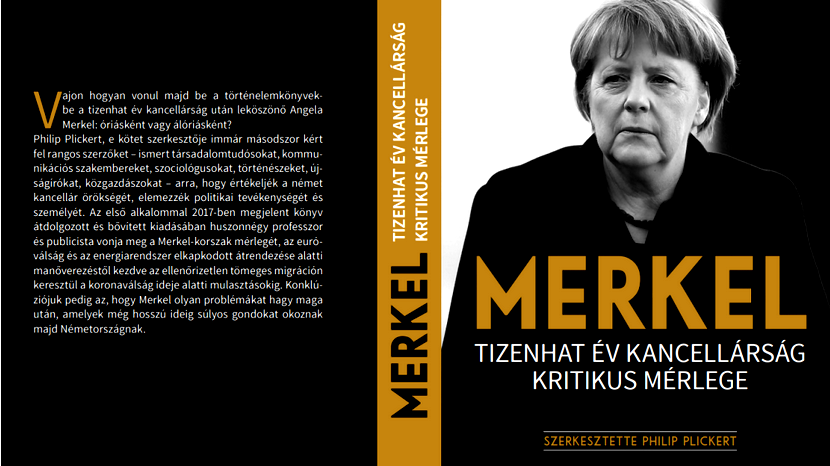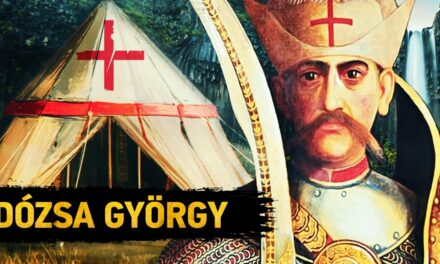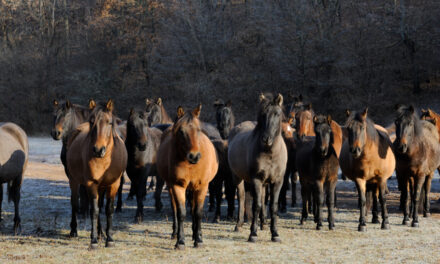"I wonder how Angela Merkel, who is stepping down after sixteen years as chancellor, will go down in the history books: as a giant or a sleeping giant? For the second time, Philip Plickert has asked prestigious authors - well-known social scientists, communication specialists, sociologists, historians, journalists, economists - to evaluate the legacy of the German chancellor, analyze his political activity and personality. Gerhard Papke, a German journalist living in Hungary, wrote a review of the book "Merkel - Sixteen Years of Chancellorship".
Germany plays a key role in Europe not only because its economy is by far the strongest among the EU member states. Due to their history and geographical location, the Germans played a prominent role in keeping Europeans together, serving as a link between Western, Central and Eastern Europe. For Helmut Kohl, According to its motto, Germany must treat smaller European countries as a partner, as an equal party - however, the loss of this valuable heritage threatens,
The new, leftist, "traffic light coalition" government wants to export its political worldview and supports Brussels in its intention to put countries like Poland and Hungary on the dock when they want to go their own way based on the right of national self-determination. The break with Helmut Kohl's policy did not occur after the parliamentary elections in September 2021, but much earlier, already Angela Merkel's exciting book Merkel - Tizenhat és chancellárság critical balance which was recently published in Hungarian
The editor of the book is Philip Plickert , a well-known journalist and London correspondent of the daily Frankfurter Allgemeine Zeitung Twenty-four journalists weighed in on the Merkel era in one topic each, and the conservative authors generally and unanimously assess the Chancellor's policy as disastrous. "The more closely we examine Merkel's political work, the more this giant politician shrinks. Merkel is an apparent giant, a self-important but overrated politician," Plickert summarized.
Merkel moved the once conservative People's Party more and more to the left. He never believed in traditional fraud or the traditions of his nation, which are taken for granted in Hungary. In doing so, he not only gave space to a new party on the right side of the political spectrum, but also deprived millions of conservative and libertarian voters of their political homeland. The result: the downfall of the Christian Democratic Union in the federal parliamentary elections and now opposition politics.
The chancellor embraced the demands of the political left and aligned himself with the hot topics of the zeitgeist, leading his country more and more astray. A good example of this is that after the Fukushima power plant disaster, Germany decided at one moment to stop using nuclear energy for peaceful purposes - while modern nuclear power plants are being built all over the world for a safe and climate-friendly energy supply.
The rise of Germany after World War II was inextricably linked to the social market economy, where everyone was rewarded for their hard work and effort. Today, the lives of many families are made difficult by their own tax and contribution burdens, which are only aggravated by the explosively rising energy prices. In addition, the stability of the euro, to which Helmut Kohl made an unconditional promise when replacing the brand, was completely undermined under Angela Merkel's chancellorship. Merkel yielded to the pressure of southern Europeans, including Italy and Greece, to use the common currency as a guarantee for the repayment of their debts, risking that in the end the Germans would have to reach into their pockets before everyone else.
As can be seen from Plickert's book, Merkel's most serious legacy is probably her migration policy. It opened the borders to a migration that would overwhelm Europe, threaten our cultural identity and pave the way for Islamism. his thought-provoking words of farewell to Angela Merkel, Viktor Orbám drew attention to the deep trenches he had dug in Europe and the huge effort it will take to bury them. Hungarian-German friendship will play a prominent role in the latter task.
Source: Hungarian-German Institute
(Header image: book cover)













